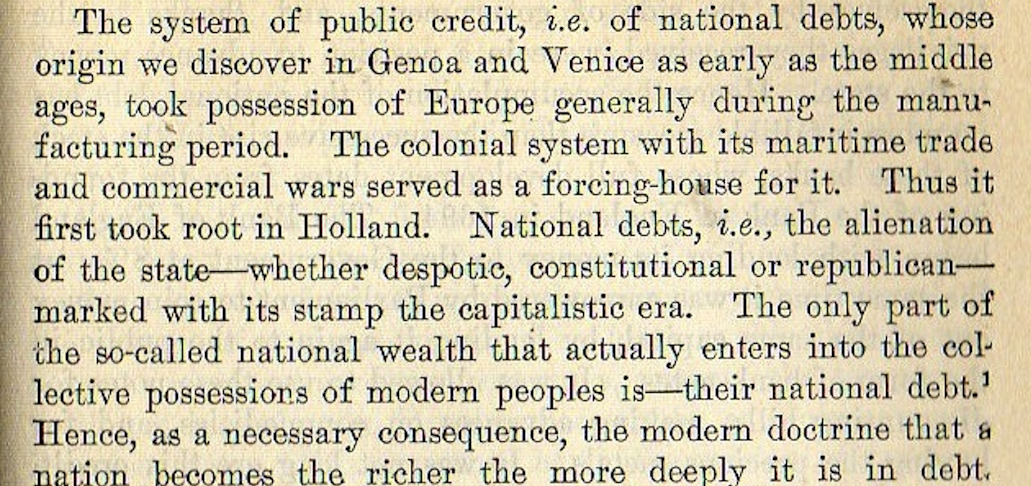(Interview by Ramor Ryan published in the US journal “Toward Freedom”)
A Europe Without Solidarity: Debt Crisis and the Failure of the Neoliberals; Written by Ramor Ryan, Published: 29 September 2015
Interview with Tony Phillips, editor of Europe on the Brink: Debt Crisis and Dissent in the European Periphery (Zed Books)
The current European sovereign debt crisis has the capacity of jeopardizing the whole European Union project with devastating social consequences. Tony Phillips’ new book Europe on the Brink investigates the root causes of the crisis, critiques its mismanagement spearheaded by the European Central Bank, the EU Commission and the International Monetary Fund (collectively called the Troika), and suggests alternatives. Bringing together eight leading critical economists and sociologists, including Nobel Laureate Joseph Stiglitz, Europe on the Brink portrays a European Union that is increasingly authoritarian and non-democratic, where the rule of law and the well-being of the people are brushed aside in the interests of balancing the books and imposing a neoliberal agenda. Continue reading A Europe Without Solidarity: Debt Crisis and the Failure of the Neoliberals




